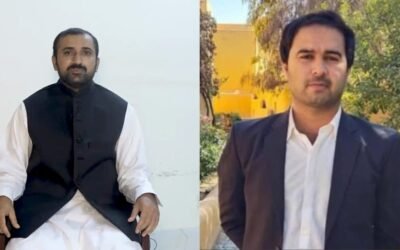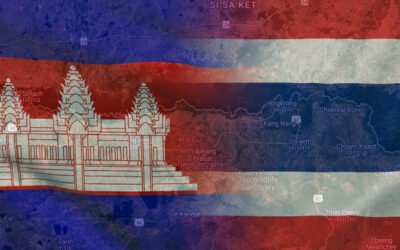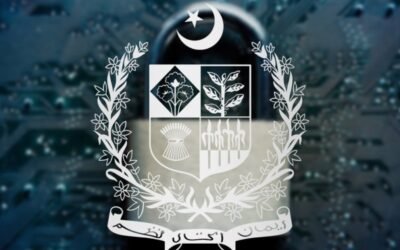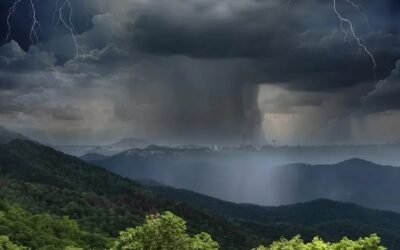In Pakistan’s rapidly evolving media landscape, the distinction between ethical journalism and sensationalist coverage is becoming blurred. As the country grapples with internal political instability, heightened regional tensions, and an increasingly polarised society, the role of the media has come under renewed scrutiny. From the coverage of protests and crackdowns to foreign policy decisions and regional conflicts, much of what passes for “breaking news” often bears the hallmarks of distortion, omission, or strategic amplification. This is not merely a lapse in editorial judgment — it reflects a structural crisis in the country’s information economy.
The Role of Ratings, Revenues, and Rivalries
The commercial architecture of Pakistani media — dominated by privately owned channels reliant on advertising revenue — compounds the issue. TRPs (television rating points) remain the holy grail, and the race for audience attention incentivises spectacle over substance. Talk shows increasingly resemble gladiatorial arenas, where complex issues like economic collapse, civil rights, or regional diplomacy are reduced to binary arguments, often delivered in raised voices and inflammatory tones.
This trend was starkly visible in coverage of Pakistan’s diplomatic position on the Israel-Gaza conflict and its vocal support for the Palestinian cause. While many outlets rightly spotlighted humanitarian violations, some exploited the emotionally charged nature of the issue to push one-dimensional narratives, often without contextualising Pakistan’s own diplomatic constraints, historical inconsistencies, or the broader geopolitics of the Muslim world. In such coverage, solidarity risked becoming performance — void of nuance, and detached from real policy implications.
Ethical Disarray in the Digital Domain
The digital media boom in Pakistan has further complicated the landscape. With the proliferation of YouTube channels, independent vlogs, and social media commentators, traditional gatekeeping mechanisms have eroded. While this has democratised information to some extent, it has also created fertile ground for sensationalism, misinformation, and algorithm-driven radicalisation.
In the aftermath of events like the cyber harassment of journalists, particularly women, and the viral spread of manipulated content targeting public figures, the lack of a digital code of ethics has become glaringly evident. Many independent platforms mimic traditional news branding, blurring the line between journalism and propaganda. The absence of regulatory oversight for online content has allowed politically aligned and anti-state narratives to dominate the digital realm.
Here, comparisons to global media can be illustrative. In India, for instance, the weaponisation of television media for majoritarian political agendas offers a cautionary tale. In Pakistan, the interplay of censorship, commercial incentives, and ideological polarisation produces a distinct ethical dilemma. While Indian media may push state narratives aggressively, Pakistani media often vacillates between co-optation and manufactured dissent, leading to a muddled and volatile information environment.
Journalism is a very dangerous profession in Pakistan those who lie and blackmail get certificates of patriotism but those who speak truth are declared traitors or get killed like Sohail Khan who was assassinated in Haripur today pic.twitter.com/FphZwqI1vC
— Hamid Mir حامد میر (@HamidMirPAK) October 16, 2018
Regulation of Media
As the regulator of media in Pakistan, Pakistan Electronic Media Regulatory Authority (PEMRA) must balance oversight with press freedom. Curbing misinformation is critical therefore, PEMRA should collaborate with digital platforms, enforce transparent fact-checking mechanisms and penalize deliberate disinformation. By promoting media literacy, ethical guidelines, and accountability, it can combat fake news while upholding democratic values.
The Cost of Spectacle: Public Trust and Institutional Decay
This drift toward sensationalism carries serious consequences. According to a 2023 Gallup Pakistan survey, public trust in media declined by 11% year-on-year, with a significant portion of respondents identifying media bias, misinformation, and “unnecessary drama” as primary concerns. This erosion of trust undermines the media’s foundational role in democracy — not only as a check on power but as a forum for credible, fact-based public discourse.
The challenge facing Pakistani media today is not simply one of professionalism, but of principle. As the country confronts multiple, intersecting crises — economic, political, judicial, and geopolitical — the temptation to trade integrity for impact will only grow stronger. Yet without a recalibration of journalistic ethics, reinforced by structural safeguards and public pressure, the media may drift further from its public duty and deeper into complicity.
Sensationalism may fill airtime, but it leaves a void in accountability. And in a country where truth itself is often contested, responsible journalism is not a luxury — it is a national imperative.




























